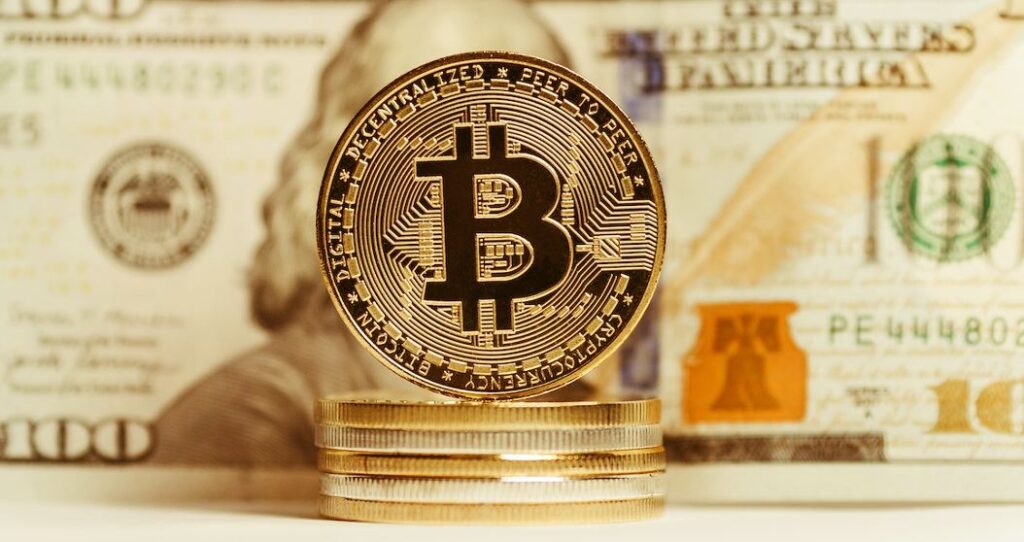Introduction
Regulatory framework for digital assets: The CFTC, the Commodity Futures Trading Commission, and the Financial Crimes Enforcement Network (FinCEN) are all playing a key role in the U.S.’s cryptocurrency policy. And now President Biden has signed an executive order to encourage responsible crypto regulation. Learn the reasons to choose Ethereum over Bitcoin. What’s next? Let’s look at the history of crypto and what we can expect from the regulators in the coming years.
Regulatory framework for digital assets
As the use of digital assets becomes more widespread, regulators need to apply sensible rules to prevent fraud and market instability. While legislation is not necessary to address these concerns, regulators must apply existing regulatory frameworks. These rules should protect consumers and the financial system from the risks of digital assets. In addition, regulators should use existing statutory authorities to address issues such as greenhouse gas emissions from the digital assets industry.
Several federal agencies have begun to step in to protect the public from fraud and misuse of digital assets. These include the Securities and Exchange Commission (SEC), the Commodity Futures Trading Commission (CFTC), and the Consumer Financial Protection Bureau (CFPB). The Federal Trade Commission is also working to keep the market safe and fair.
The United States will likely need to develop a comprehensive regulatory framework for digital assets. The White House recently announced a multi-agency effort to oversee digital assets. The White House’s objectives are to protect consumers and promote access to financial services. The Administration also wants to maintain the country’s leadership in the financial world and combat financial crime.
Financial crime enforcement network
The Financial Crimes Enforcement Network (FCEN) is a federal bureau that monitors financial activity, such as money laundering and the funding of terrorism. It was established on April 25, 1990, and its mission is to fight financial crimes and protect the financial system. Its activities include analyzing financial transactions and collecting Suspicious Activity Reports. These reports identify instances of possible illegal activity, and the agency works with law enforcement agencies at all levels of government to combat these crimes.
The FinCEN is a crucial component of the United States’ anti-money laundering efforts. The agency works closely with financial institutions to protect U.S. financial systems and inroads. The organization also analyzes financial data for other federal agencies. The additional funding for FinCEN comes at a crucial time. The United States is now considered the world’s most secretive financial jurisdiction.
To protect the financial system, the Federal government has implemented new laws to combat money laundering and terrorist financing. The Financial Intelligence Unit (FIDU) sits on international financial crime intelligence bodies and coordinates anti-money laundering cooperation, while the Global Investigations Division (GID) oversees domestic and foreign probes. Dow Jones’ GID has targeted investigative powers that prevent overseas banks from opening correspondent accounts in the U.S. It also performs due diligence checks for new and existing customers.
Commodity futures trading commission
The introduction of CFTC regulation is a significant step in the right direction for the U.S. market. It gives the SEC and CFTC increased authority to regulate financial markets. As part of the new rules, the CFTC can now regulate digital commodities. Its new power and tools will help protect the interests of both investors and consumers.
The CFTC’s Final Rule contains several key provisions to protect markets. Among them are exemptions for “bona fide” hedging and “spread transactions.” The CFTC has also created a new “financial distress” exemption for entities that take over a position in a party in financial distress and exceed federal position limits. The rule also changes the definition of “general bona fide hedging” to reflect broader market practices.
President Biden’s executive order on responsible crypto regulation
Vice President Joe Biden has signed an executive order that calls for responsible regulation of cryptocurrencies. The order directs the Secretary of the Treasury and other senior federal officials to take measures to boost compliance among financial services providers. It does not suggest any immediate changes, but may point toward more regulation and more federal government control.
In addition to the new Executive Order, the White House has released a Comprehensive Framework for Responsible Development of Digital Assets, which includes a number of recommendations to promote consumer protection, environmental sustainability, and national security. The Executive Order is an important turning point in the U.S., but there are still many questions that remain.
Conclusion
Recently, the White House has issued an executive order establishing a framework for crypto regulation. It aims to ensure that these digital assets are not used for illicit activities. The order lists half a dozen priority areas that need to be addressed, including consumer protection, financial stability, illicit finance, and responsible innovation.



